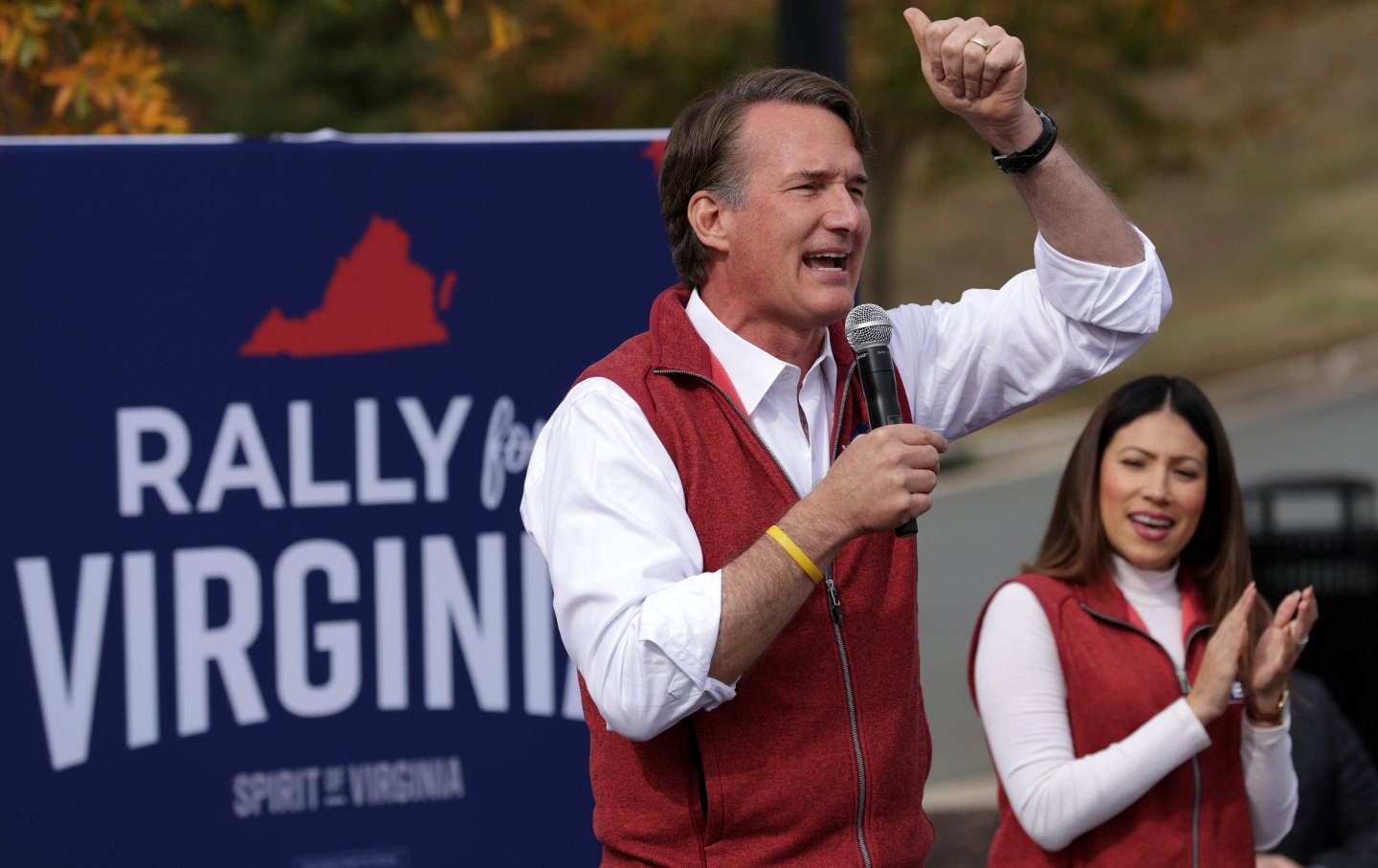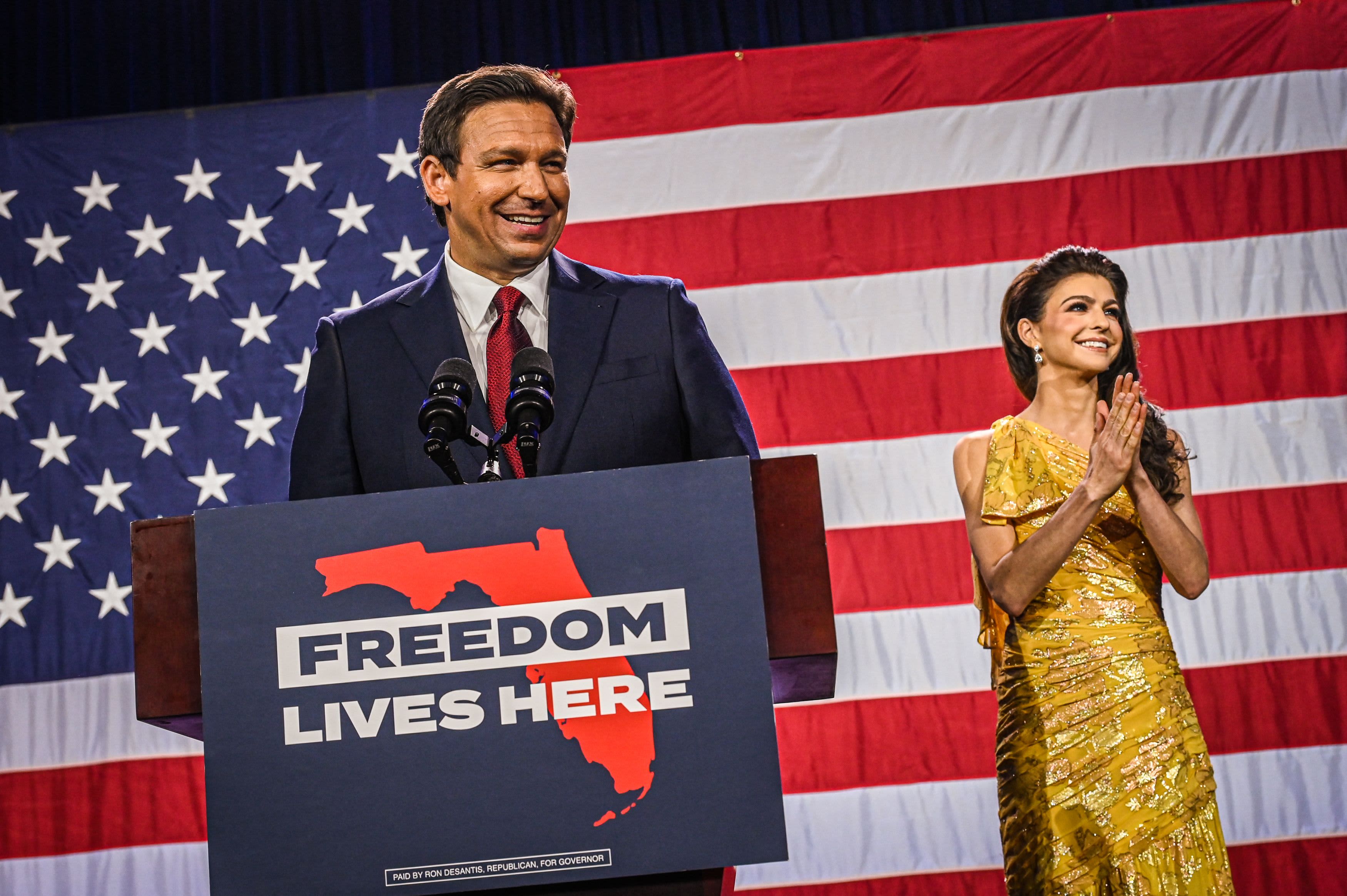Hey all! Is this technically my 11th post and, thus, unnecessary? Yes, 100%. You do not have to read or comment on it if you don’t want to. However, I had this written out ahead of time and would feel bad about not posting it, so here we are!
This is my last passion post (I know, tragic), so what better note to finish it on than Rocky Horror?
When watching and analyzing older movies with queer themes, it is important to understand their historical importance. Language, definitions, and depictions change over time, and just because something is no longer “politically correct” does not mean its cultural contributions should be discounted. For many LGBTQ+ people growing up in the 1980s and 90s, this film provided safe places to meet other queer people and find communities that celebrated diverse sexuality and gender nonconformity. It was, for quite a few people who didn’t have the words to explain how they felt, a glimpse into a different way of living beyond heteronormative existence.
The Rocky Horror Picture Show
Chances are, you’ve heard of this musical. The Rocky Horror Picture Show is now an internationally recognized cult classic musical, both as a stage show and film. It was inspired by B-movies and science fiction, and was first performed in June 1973 at the Royal Court Theatre in London during the height of the sexual revolution. In 1975, a movie version of the musical was released. Despite the poor critical reception, this musical found a cult following from counterculture fans, who regularly organized and attended screenings, often in costume. The film’s interactive nature and subversive, explicit portrayal of gender and sexuality has helped it maintain its popularity for over 50 years, with a “reboot” released in 2016 (watch the original version instead, the only good part of the remake is Laverne Cox as Dr. Frank-n-Furter).
It’s very hard to actually describe this movie, and I don’t think the IMDB page does it justice. Their summary is “A newly-engaged couple have a breakdown in an isolated area and must seek shelter at the bizarre residence of Dr. Frank-n-Furter.” It’s an admirable effort to summarize what is admittedly a bizarre film, but it also omits the most important parts of the show.
So here’s what I think is a better summary:

Anyways, there is no point in me “reviewing” the representation in this movie; that is not the point of the movie itself. Identity is so fluid, and gender and sexuality divisions are blurred and played with in a really fun way. Rocky Horror is a celebration of camp, joy, community, and queer weirdos of all kinds. The songs are phenomenal and so catchy. The costuming and set design is theatrical and elaborate. The dialogue is witty, irreverent, and incredibly iconic. Every actor is having a great time in their role, and it shows.
A lot of people consider the first viewing of this musical a queer right of passage, mostly because it’s a significant piece of LGBTQ+ culture and history. Watching this show is a step into a long tradition of queer subcultures and nonconformity. This movie is best seen with other people, so I highly recommend going to a screening (or a live performance, if you’re so lucky!) Even if you can’t, try to watch it with people you care about so that you can share the wonderful experience that is this film!
Anyways, we are coming to the end of this blog. I hope you all enjoyed these posts and found some interesting recommendations! It’s been really fun to write about these movies which I hold so near to my heart. Thank you for reading!!
Recommendations
Instead of including a second film, here are some LGBTQ+ movies and documentaries that I highly recommend but couldn’t fit into actual posts:
Movies
Rustin (2023) – Centers on the life and work of activist Bayard Rustin as he worked to organize the March on Washington
Nimona (2023) – An animated movie for younger audiences based off the graphic novel by N.D. Stevenson (the guy who directed the She-Ra reboot!). Very heartwarming, chaotic, and gay.
Pride (2014) – A group of gay and lesbian activists come together to support striking coal miners in Wales in 1984. Based on a true story!
Mutt (2023) – Trans-directed movie about a Latino trans man navigating complicated relationships with his younger sister, estranged father, and ex-boyfriend while trying to figure out his life. Warning: bittersweet ending, will make you sad.
Documentaries
Paris Is Burning (1990) – Documentary on Ballroom culture and the Black and Latinx people, especially transgender women, who found community in it
Disclosure (2020) – Trans actors, directors, and writers come together to discuss the way Hollywood has historically portrayed trans people. I learned a lot about my community from this.
How To Survive A Plague (2012) – A detailed exploration of the AIDS crisis with interviews from key figures.
The Death and Life of Marsha P. Johnson (2017) – An investigation into the life of activist and mother of the LGBTQ+ movement in the US, Marsha P. Johnson, and the cold case of her death.





